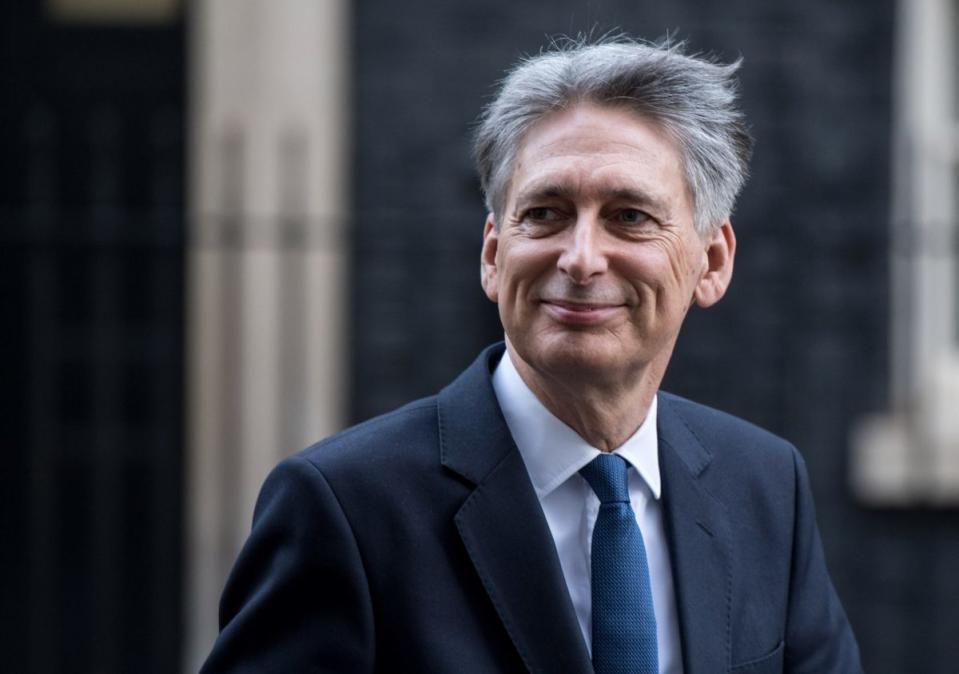Spring Budget 2017: Expect a 'boring budget' with no structural change

The Chancellor of the Exchequer, Philip Hammond will address parliament and make his Spring Budget speech on Wednesday 8th March.
The Spring Budget will set out the UK government’s plans for the economy using forecasts from the Office for Budget Responsibility (OBR).
It is expected that the Prime Minister Theresa May will trigger Article 50 later this month. In the meantime what can we expect from the Chancellor?
“Boring budget” with no structural change?
“Many are expecting a somewhat ‘boring Budget’ from Philip Hammond next week with no major structural changes and no relaxing of the Government’s current fiscal stance,” says Michelle Quest, Head of Tax at KPMG.
Rachael Griffin, tax and financial planning expert at Old Mutual Wealth has a similar opinion to Quest saying Hammond is not a showman like his predecessor George Osborne.
“We aren’t expecting much from Hammond during the last spring budget. He isn’t the same style of showman as is his predecessor and is more likely to steer a steady ship rather than rock the boat,” says Griffin.
Foreign investment is crucial
The decision to Brexit will have a major impact on the UK’s international competitiveness and attracting foreign investment.
Despite the decision to leave the EU it is more important than ever for the UK to continue to attract foreign investment and show the country is still open for business.
Quest says: “From a tax perspective, priority needs to be given to supporting aspects of the tax system which bolster our international competitiveness. With the triggering of Article 50 imminent, the Chancellor will need to demonstrate more than ever that the UK is ‘open for business’ and will remain competitive on the global stage.”
So how can the UK show it is open for foreign investment?
Quest says: “Targeted incentives and a good treaty network alongside things such as quality of infrastructure and access to markets and talent have played a vital role in ensuring the UK remains an attractive place to invest.”
Written by London-based journalist Tanzeel Akhtar. Her work has been published in the Wall Street Journal, FT Alphaville, CNBC, Citywire, Euromoney, Interactive Investor.
Disclaimer: The content on this page does not constitute financial advice and is provided for general information purposes only. Nothing on this page should be regarded as an offer to conduct investment business or to buy/sell any investment.

 Yahoo Finance
Yahoo Finance 
